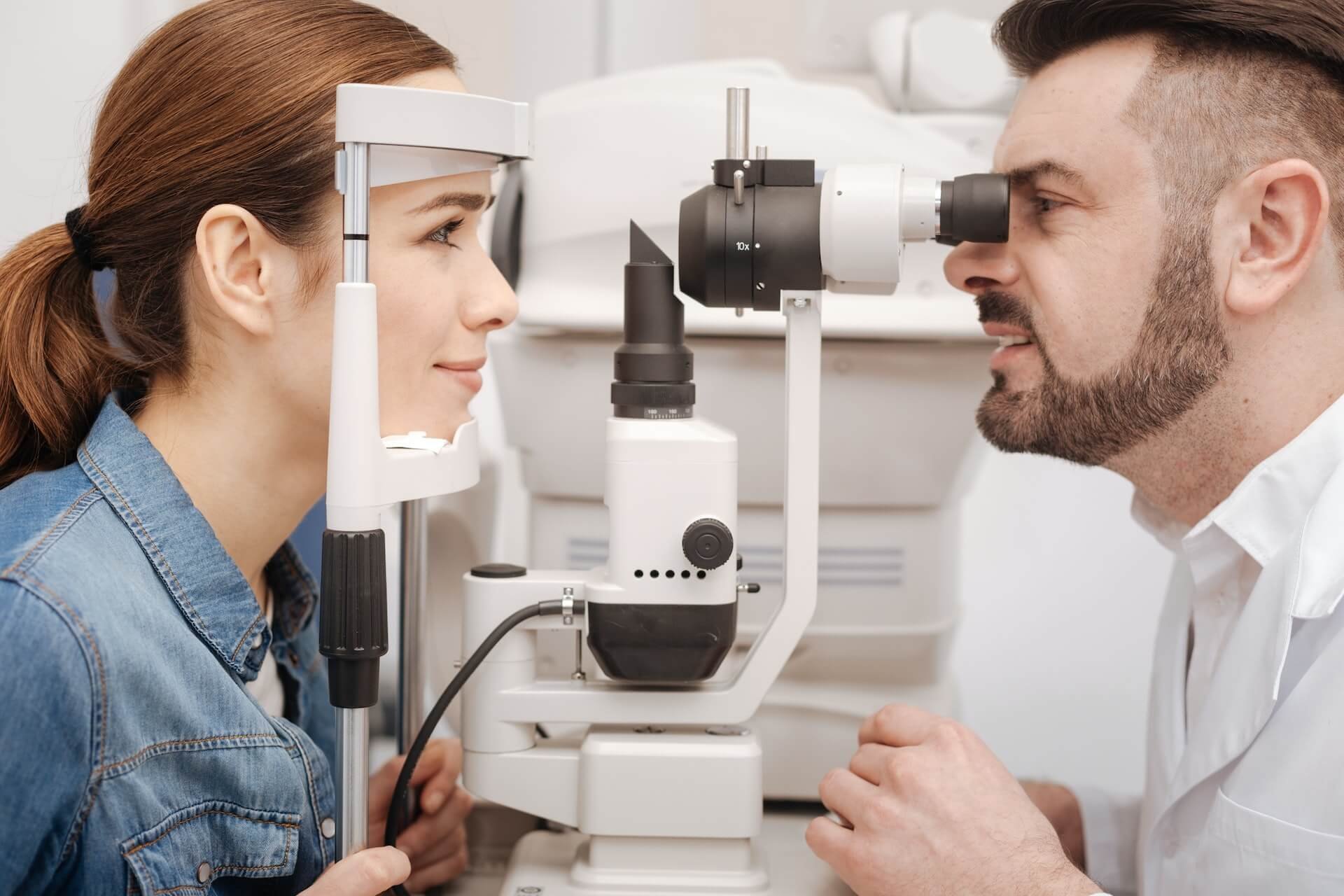Can You Get LASIK with Cataracts?
Advancements in the field of ophthalmology have led to various innovative vision correction techniques, with LASIK (Laser-Assisted In Situ Keratomileusis) standing out as one of the most popular and effective procedures. On the other hand, cataracts, a common age-related condition, can significantly affect vision. Many patients wonder if they can undergo LASIK even if they have cataracts. In this blog, we will delve into the relationship between LASIK and cataract surgery, addressing the eligibility, timing, and considerations for individuals seeking vision correction in the presence of cataracts.
Understanding Cataracts
Cataracts develop when the natural lens of the eye becomes clouded, causing blurred or hazy vision. This condition is particularly common among older individuals, although it can also occur as a result of trauma, medications, or certain medical conditions. Cataracts progressively worsen over time, leading to decreased visual acuity and interfering with daily activities.
LASIK Procedure and Cataracts
LASIK is a refractive surgery that aims to correct common vision problems such as nearsightedness, farsightedness, and astigmatism. It involves reshaping the cornea, the clear front surface of the eye, using a laser. However, LASIK primarily addresses issues related to the cornea, not the lens, where cataracts form.
In cases where an individual has cataracts, LASIK might not be the most suitable option. This is because cataracts affect the clarity of the lens, not the shape of the cornea. If cataracts are present, they need to be addressed before considering LASIK for vision correction.
Addressing Cataracts and Vision Correction
Cataract surgery is a well-established and highly successful procedure for treating cataracts. During cataract surgery, the clouded natural lens is removed and replaced with an intraocular lens (IOL) implant. The IOL can be tailored to address various vision problems, similar to the goals of LASIK. In fact, many patients find that the IOL chosen during cataract surgery reduces their dependence on glasses or contact lenses, achieving the desired visual outcome.
Timing Considerations
One common question is whether it's possible to combine cataract surgery and LASIK to address both issues simultaneously. Doing both procedures at once is never done. After cataract surgery if there is a residual refractive error, LASIK can be performed once the eye has healed from cataract surgery.
Consultation with an Ophthalmologist
If you are considering vision correction and have cataracts, the first step is to consult with an experienced ophthalmologist. A comprehensive eye examination will determine the extent of your cataracts and your overall eye health. Based on the examination results and your visual needs, the ophthalmologist can recommend the most appropriate course of action.
Individualized Treatment Plans
Each patient's situation is unique, and an individualized approach to treatment is crucial. For some patients with very mild cataracts, LASIK might be the best option. Others may find that the IOL implanted during cataract surgery provides sufficient vision correction without the need for additional LASIK. It's important to have realistic expectations and a clear understanding of what each procedure can achieve.
Schedule an Eye Exam
In the realm of eye care, both LASIK and cataract surgery have revolutionized the way we address vision problems. While LASIK focuses on reshaping the cornea to correct refractive errors, cataract surgery replaces the clouded natural lens with an IOL to improve vision. If you have cataracts and are interested in LASIK or vision correction, consult with an ophthalmologist who can guide you through the best options for achieving your desired visual outcome. Remember that your eye health and individual circumstances will play a significant role in determining the most suitable approach to address both cataracts and refractive errors.
Schedule an eye exam today with Colorado Eye Surgeons.

